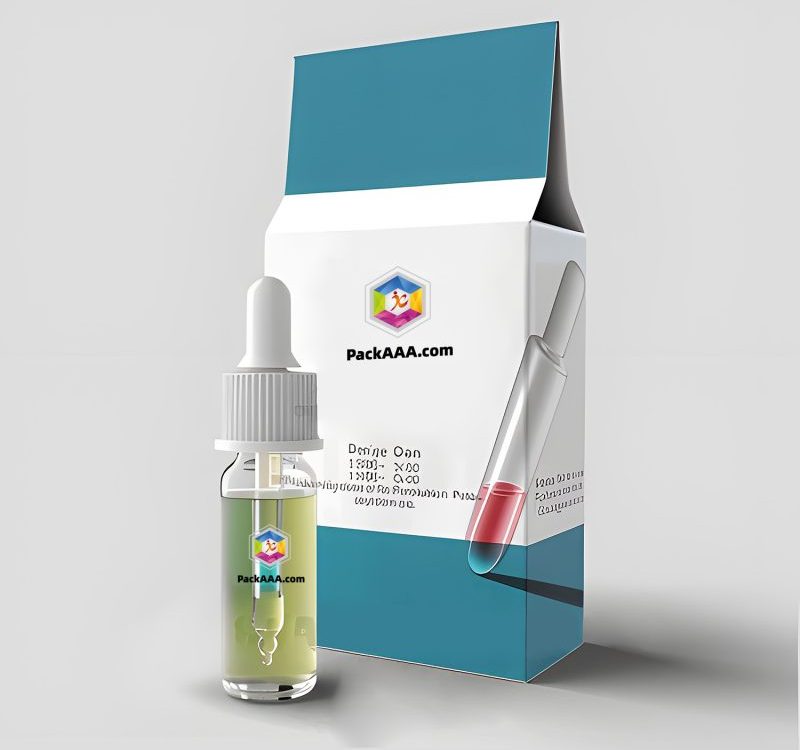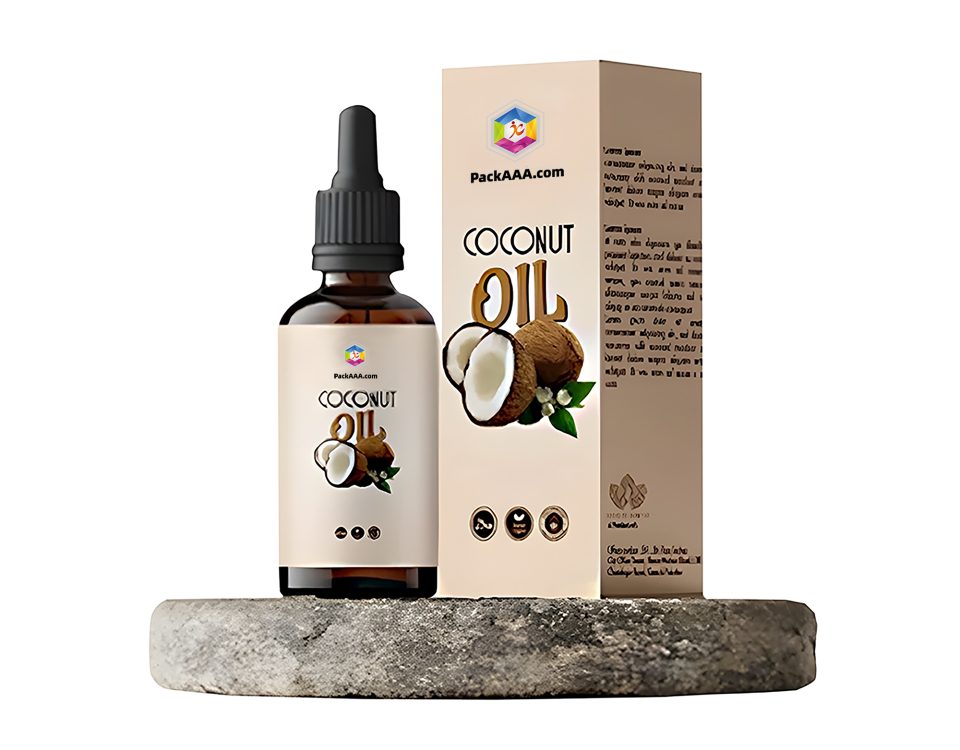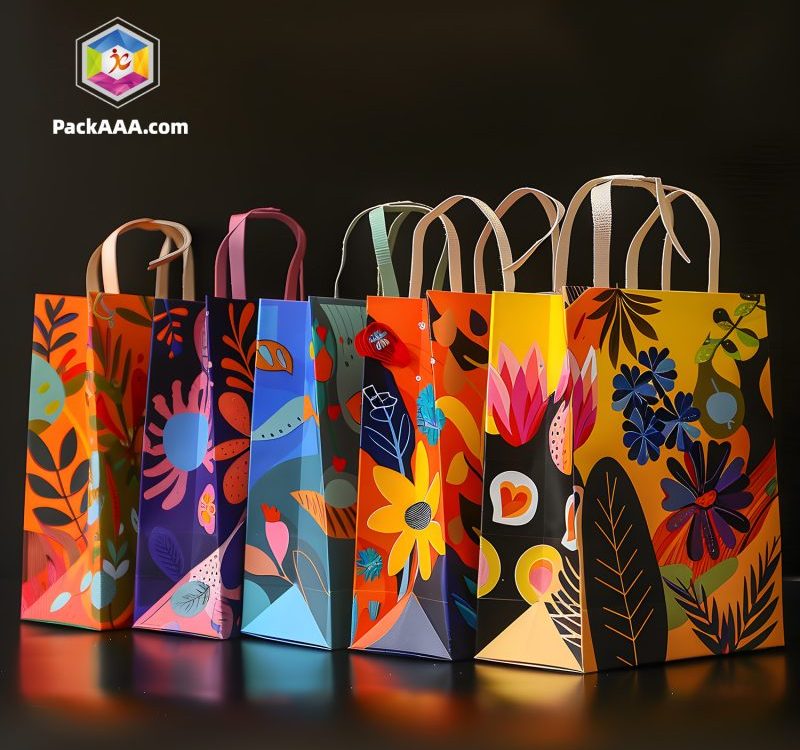Embracing Sustainability as a Business Imperative
In today’s rapidly evolving marketplace, sustainability transcends being a mere buzzword; it has become a crucial business imperative. As consumers increasingly demand eco-friendly products, brands must adopt sustainable practices that not only align with environmental goals but also enhance economic performance. One of the most effective ways to achieve this is through the adoption of recyclable and biodegradable packaging. This article delves into the transformative power of sustainable packaging, bolstered by compelling statistics and real-world examples, demonstrating how it can lead to significant cost savings and environmental benefits.
The Rise of Sustainable Packaging: A Market Overview
The global sustainable packaging market is experiencing remarkable growth, fueled by heightened consumer awareness and regulatory pressures. According to a report by Smithers Pira, the sustainable packaging market is projected to reach $1.2 trillion by 2024, growing at a compound annual growth rate (CAGR) of 5.7%. This surge in demand is indicative of a broader trend toward environmental responsibility and resource efficiency, with consumers increasingly favoring brands that prioritize sustainability.
The Environmental Toll of Traditional Packaging Materials
Traditional packaging materials, such as glass and non-biodegradable plastics, present significant environmental challenges. The Environmental Protection Agency (EPA) highlights that the production of glass can consume up to 30% more energy than manufacturing new glass from raw materials. Furthermore, non-biodegradable plastics contribute substantially to greenhouse gas emissions. A study by the Centre for International Environmental Law (CIEL) predicts that carbon emissions from the plastic industry could soar to 1.34 gigatons by 2030, equating to the emissions generated by over 295 new 500-megawatt coal-fired power plants.
The Benefits of Biodegradable Packaging
Conversely, biodegradable materials like paper and cardboard present notable environmental and economic advantages. These materials are derived from renewable resources and exhibit a significantly lower carbon footprint. The American Forest & Paper Association reports that recycling paper can save up to 60% of the energy needed to produce paper from virgin pulp. Additionally, biodegradable packaging decomposes more rapidly, thus minimizing landfill waste and greenhouse gas emissions.
Real-World Examples: Brands Leading the Way
Several industry leaders are at the forefront of the sustainable packaging movement:
- Unilever: In 2021, Unilever announced a commitment to ensure that 100% of its plastic packaging will be recyclable, reusable, or compostable by 2025. This initiative is part of a broader sustainability agenda aimed at reducing the carbon footprint of their products and promoting responsible consumption.
- PepsiCo: PepsiCo has introduced biodegradable packaging for some of its snack products. The “Walkers” brand in the UK has launched a range of crisps packaged in compostable materials, significantly reducing plastic waste and aligning with consumer preferences for sustainable options.
- Coca-Cola: Coca-Cola’s “PlantBottle” packaging incorporates up to 30% plant-based materials, representing a significant stride in sustainable packaging. This innovation not only diminishes reliance on fossil fuels but also reduces the overall carbon footprint of their packaging.
Economic Advantages of Sustainable Packaging
Investing in recyclable and biodegradable packaging can yield substantial cost savings for brands. A study by McKinsey & Company indicates that companies focusing on sustainable packaging can experience a 10-20% reduction in packaging costs over time, attributed to lower energy consumption and reduced waste management expenses.
Moreover, sustainable packaging enhances brand reputation and fosters consumer loyalty. According to Nielsen,66%of global consumers are willing to pay more for sustainable brands. This consumer preference can translate into increased market share and revenue for companies prioritizing eco-friendly practices.
PackAAA Ltd.: Leading the Charge in Sustainable Packaging
At PackAAA Ltd., we recognize the pivotal role of sustainable packaging in shaping the future of business and environmental stewardship. With over a decade of expertise in the packaging industry, we specialize in delivering innovative and eco-friendly packaging solutions. Our commitment to sustainability is evident in our extensive range of recyclable and biodegradable products, tailored to meet the diverse needs of our clients while promoting environmental responsibility.
Our proficiency in sustainable packaging ensures that we can assist your brand in achieving its environmental goals while optimizing cost efficiency. To learn more about our solutions and how we can help you transition to sustainable packaging, please reach out to us at contact@PackAAA.com or send us a WhatsApp message at +86 181 0020 3843.
Conclusion
The shift toward recyclable and biodegradable packaging is not merely a trend; it represents a strategic opportunity that offers substantial environmental and economic benefits. By embracing sustainable packaging, brands can reduce costs, enhance their market position, and contribute to a more sustainable future. As the market continues to evolve, those who prioritize sustainability will be well-positioned to thrive in a greener, more responsible world.substantial environmental and economic benefits. By embracing sustainable packaging, brands can reduce costs, enhance their market position, and contribute to a more sustainable future. As the market continues to evolve, those who lead with sustainability in mind will be well-positioned to thrive in a greener, more responsible world.






